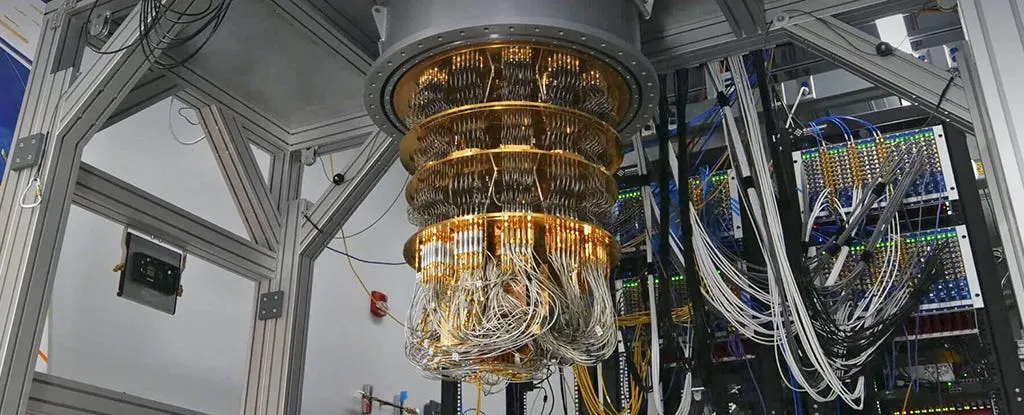Using quantum computers to weaken classical cryptographic methods
Over the past few years, research in the field of quantum computing has made rapid progress. Since 2018, there has been another exponential increase in the number of qubits available in quantum computers. For example, IBM predicts that the number of qubits will reach 112 by 2023. If this trend continues, the computing power that can be achieved in the future using the principles of quantum physics will increase to such an extent that it will offer new approaches to decrypting many of the cryptographic methods currently in use.
This thesis aims to explain how a quantum computer works when attacking classical cryptographic algorithms. The goal is to analyze in detail which quantum mechanical properties can be used in which way to effectively weaken the security of cryptographic methods. The current state of research in the field of quantum computing will be outlined and the requirements for the practical application of cryptographic weakening will be assessed. An insight into complexity theory is also given. In order to differentiate the runtimes of quantum algorithms from classical analytical algorithms and to consider their scaling, the functionality of quantum algorithms will be explained using exemplary implementations. This will be done with the help of a selection of already implemented quantum computing simulators. In this way, it will be shown how quantum algorithms break existing classical methods of cryptography.
Here, you can learn more about this project: Bachelor Thesis
